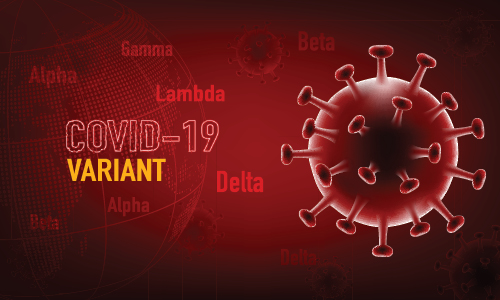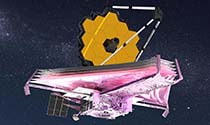|
|
|
|
|
|
| |
Scientists, journalists, and the general public often use different—if not contradictory—language to talk about the same things. In our third year of the pandemic, language surrounding COVID-19 is still tricky, particularly when it comes to variants. |
|
| |
|
|
|
|
|
| |
Short answer: All strains are variants, but not all variants are strains—and they’re both mutations. |
|
| |
|
|
|
|
|
|
|
|
|
| |
Last spring, as vaccines rolled out, many of us took a deep (but still masked) breath of relief. Then the delta variant arrived in the United States, followed by omicron. By the time you read this, we may be in the midst of another variant surge. |
|
| |
|
|
|
|
|
|
|
|
|
|
|
|
|
| |
|
|
|
| The CDC sequences primarily severe and fatal cases of COVID-19, but analyzing milder cases may offer more insight into how these viruses mutate. |
|
|
|
| |
|
|
|
|
|
|
|
|
|
|
|
|
|
|
|
| |
Have you heard of the B.1.617.2/GK/21A variant? You might know it by its Greek name: delta. |
|
| |
|
|
|
| |
Scientific names are important for tracking genetic lineages, but they’re difficult for reporting and public discourse. Last year the World Health Organization led the effort to identify a variant nomenclature that was easy to discuss and non-stigmatizing, settling on the Greek alphabet. |
|
| |
|
|
|
| |
Delta and omicron are considered “variants of concern,” but the World Health Organization also tracks current and former “variants of interest” and “variants under monitoring”—if you were wondering what happened to epsilon through xi. |
|
| |
|
|
|
|
|
|
|
| |
| |
|
|
| |
Webb watch:
The James Webb Space Telescope launched at long last.
|
| |
|
|
|
|
|
| |
|
|
|
|
|
| |
| |
Visit the Alumni & Friends website for stories, podcasts, and other features, curated for you on UChicago Review. Create an account for a more personalized experience. |
|
|
|
| |
|
|
|
|
| |
| |
Sign up to receive µChicago monthly. |
|
|
|
| |
|
|
|
|





